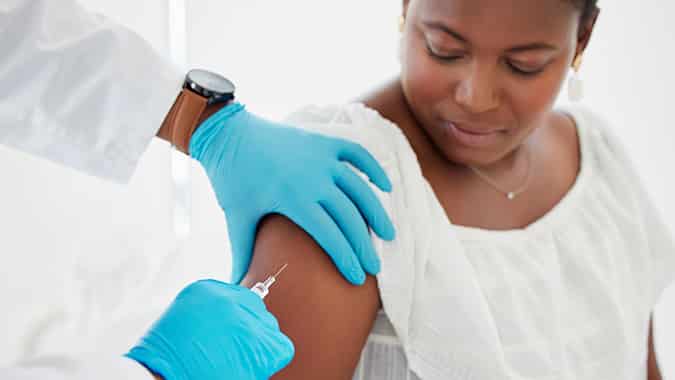The $349 billion Paycheck Protection Program fund is already exhausted, and Congress is at an impasse on adding more money, so businesses that have not had their loan applications approved are wondering what to do next.
Yesterday’s NJBIA webinar on navigating PPP’s application process began about an hour after the Small Business Administration (SBA) announced the program was out of money. Presenter Scott Borsack, a partner at the law firm Szaferman Lakind, said businesses should act with the anticipation that the program will receive additional funds and be mindful that the program is first come, first served.
“What individual borrowers should be doing now is making sure that they have all of their information submitted to their bank, and their bank is ready to make a loan to them once there is additional funding,” Scott said.
What’s not clear is if banks are going to continue to accept applications in anticipation of more funding to come. Most likely it will depend on the individual bank.
“I’ve been told by a couple of banks that they will continue to accept applications and consider them and make loans to their depositors in the order that the applications are received,” Borsack said. “So there is an advantage to getting to your bank and submitting an application now even if the bank does not have an allocation to loan out,” Scott said.
For more on applying for Paycheck Protection Program loan, visit NJBIA’s Coronavirus Resources page and click the Grants and Loans tab.
Meanwhile, The Hill magazine is reporting that Senate negotiators haven’t given up on reaching a deal to add funds to the program, even if no agreement is imminent. The stalemate seems to center around how broad another round of funding would be. The GOP leadership wants to just add funds for the PPP program while Democrats want additional funding for hospitals and other programs.
“Republicans are seeking a clean $250 billion in new money for the program, while Democrats want to reform the program and provide at least $250 billion for hospitals, state and local governments and the Supplemental Nutrition Assistance Program for low-income families,” writer Alexander Bolton explains.



